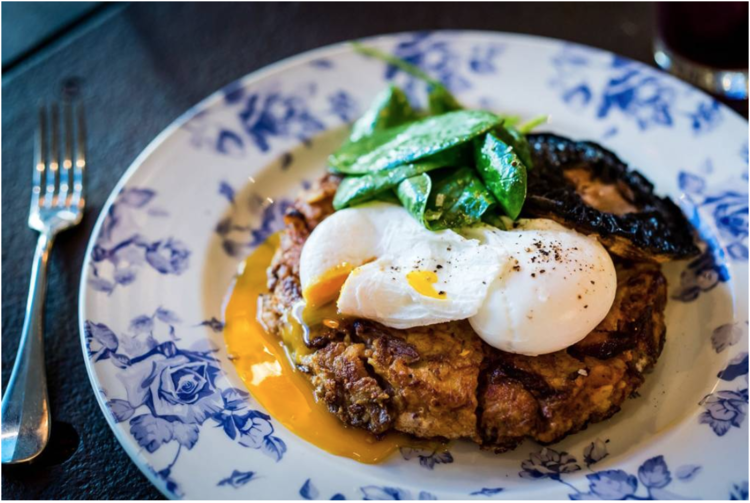3 Tips for Opening a Hospitality Business, with Jamie Valentine
In the coming month I’ll be releasing three posts by three hospitality legends I have had the honour of working with in my career - each of whom started their hospo careers in New Zealand & have taken their passion for this industry to very different corners of the world.
First up we have Jamie Valentine, based in London. I met Jamie at Arbitrageur in Wellington, New Zealand - operated by Clay Toomer (Current owner of WBC) & Chris Green (Previous owner of Annam). Both Jamie & I were fortunate to work with an incredible wine list that was overseen by Master of Wine, Stephen Wong.
I asked Jamie to say a few words about his hospo life and learnings, and what three tips he would give to someone looking to open a new site.
Jamie Valentine, London
Like many of us, I fell into the hospitality game in 1998 as a twenty year old who wasn’t overly enamoured with University at the time. I started as a runner at a small but very popular café called Revive in Wellington, back when they used Coffee Supreme beans (though they started roasting soon after). I found it immediately addictive as it was driven by a fun and passionate team who commanded a loyal and enthusiastic customer following, something in later years, I have come to realise was an absolute luxury to work with.
Subsequently, I moved up the ranks and onto other great Wellington institutions, from waitering at Il Casino, embracing wine at Copita and Arbitrageur, bartending at Hummingbird and managing the emerging Capitol before departing for London in 2006.
In London I was fortunate to meet Clive Watson and Adam White, whom at the time, had just opened Village East on Bermondsey Street. In 2013 I moved onto Bistrotheque in Bethnal Green and subsequently freelance management consultancy for The Swan at the Globe, The Swan West Malling, Amano Kent and TWIGS Hackney, and perhaps the highlight of my career, the opening of som saa on Commercial Street.
Jamie’s Top 3 Tips
Tip 1. Pick the right site
Aside from obvious considerations when choosing your potential future location, i.e. not opening a seafood restaurant on a mountain top, it can pay off in many ways to research an area.
- Is it showing the early signs of gentrification?
- Is it near decent transport links and/or have ample parking nearby?
- Is it mixed use zoning (commercial and residential gives you footfall all day)
- Does the site ‘have a story”?
Up and coming areas will represent lower rents and business rates, though you will need to factor into your budget a slower growth curve than in a regular and established part of town. However, it is the opportunity to create an institution in the area and reap the long term benefits.
Tip 2. Play the long game
With a huge amount of money outlaid, up to the neck in bank loans and large equipment finance, it can be easy to go down the road of quick profiteering i.e., cramming in the covers, reducing portion sizes, changing to inferior raw products, will often lead to the detriment of service and quality of product.
Resisting this temptation allows you to maintain the highest possible level of service and will create enthusiastic and long term regulars who will promote your business for you. It will also create a heightened sense of demand, long after your initial opening period - that six months or so when everyone wants to come to the new hot opening.
Tip 3. Keep it fun
Though there is still a niche market for the austere dining rooms of food worship with minimal music, starched tablecloths and equally starchy staff, the modern venue needs to engage people on every sensory level in an exciting way.
The food and drinks must be “instagrammable” (and obviously delicious), the soundtrack amazing, a sharp eye for detail on the interior design, the hand soaps in the loo of the best possible quality but most importantly the staff oozing with enthusiasm for what they do - and empowered to enjoy themselves while they work.
This may come down to a casual and comfortable uniform, autonomy to handle minor complaint issues, fair remuneration and hiring with an emphasis more on personality than on technical ability. Warm and genuinely caring staff, who clearly understand your vision and can implement it, will elevate your venue from good to great.
I know which restaurant I’d rather frequent.
Keep an eye out for our next blog in the series - 3 tips for opening a hospo business by Sai Charan…




